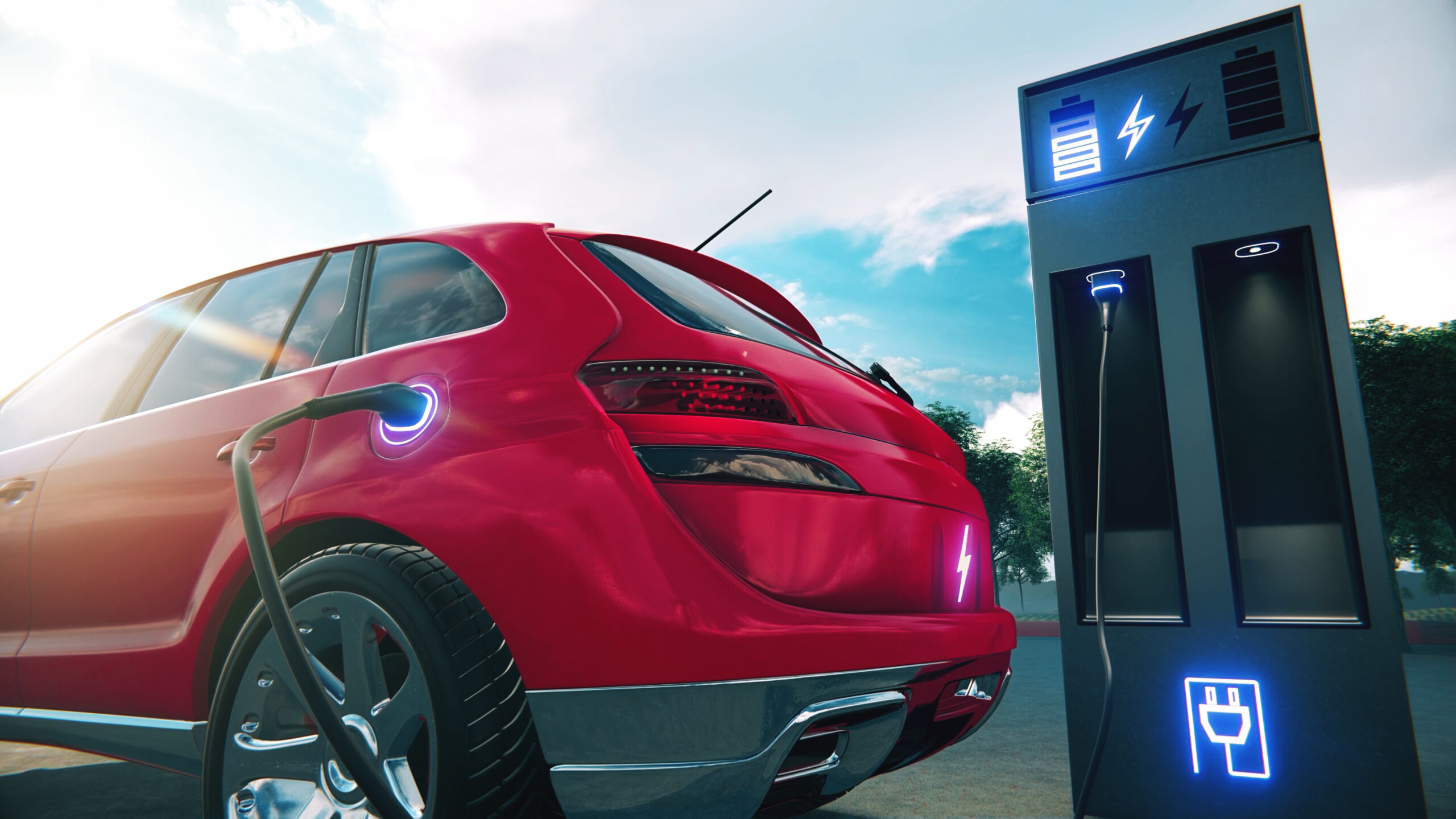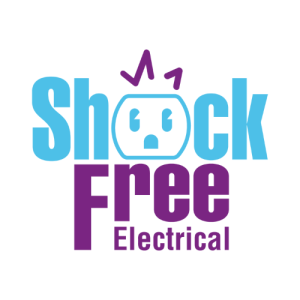As electric vehicles (EVs) become more popular, the need for convenient and reliable home charging solutions has grown. Installing an electric car charger at home offers significant benefits, including convenience, cost savings, and the ability to charge your vehicle overnight. However, the installation process can be complex, requiring careful planning and professional assistance. This comprehensive guide covers the essentials of electric car charger installation, helping you make informed decisions and ensure a smooth setup.
1. Assessing Your Electrical System:
Before installing an electric car charger, it’s crucial to evaluate your home’s electrical system. Most chargers require a dedicated 240-volt circuit, which may necessitate an upgrade to your existing electrical panel.
Determine Your Electrical Capacity:
Many older homes have 100-amp service panels, which may not be sufficient for an additional high-power charger. Upgrading to a 200-amp panel can accommodate the increased load and provide room for future electrical needs.
Conduct an Energy Audit:
An energy audit helps identify your home’s current energy usage and potential areas for improvement. It can also guide you in making necessary upgrades and ensuring your system can handle the new load.
2. Choosing the Right Charger:
There are several types of electric car chargers, each with different capabilities and installation requirements.
Level 1 Chargers:
Level 1 chargers use a standard 120-volt outlet and are the easiest to install. However, they charge slowly, adding only about 3-5 miles of range per hour.
Level 2 Chargers:
Level 2 chargers use a 240-volt outlet and are much faster, providing 10-60 miles of range per hour. These chargers are ideal for most homeowners and require professional installation.
Level 3 Chargers:
Also known as DC fast chargers, Level 3 chargers provide rapid charging, adding up to 100 miles of range in 20-30 minutes. However, they are expensive and typically used in commercial settings.
3. Hiring a Professional Electrician:
While some homeowners may consider DIY installation, hiring a licensed electrician is highly recommended. A professional ensures that the installation meets safety standards and local codes.
Permits and Inspections:
Most jurisdictions require permits for electrical work. An electrician can handle the permit process and ensure that your installation passes all necessary inspections.
Safety and Compliance:
Professional electricians have the expertise to install the charger safely and in compliance with local electrical codes. This reduces the risk of electrical hazards and ensures reliable operation.
4. Installation Process:
Understanding the installation process can help you prepare and ensure a smooth experience.
Site Assessment:
The electrician will conduct a site assessment to determine the best location for the charger, considering factors such as proximity to the electrical panel, vehicle parking, and cable length.
Electrical Upgrades:
If necessary, the electrician will upgrade your electrical panel and install a dedicated circuit for the charger. This step may involve replacing old wiring, adding circuit breakers, and ensuring proper grounding.
Charger Installation:
The charger is mounted on a wall or pedestal and connected to the dedicated circuit. The electrician will test the system to ensure it operates correctly and safely.
5. Costs and Incentives:
The cost of installing an electric car charger can vary widely, depending on the charger type, electrical upgrades, and labor.
Installation Costs:
Level 1 chargers are the least expensive to install, typically costing $300-$600. Level 2 chargers can cost $500-$2,000, including installation. Level 3 chargers are significantly more expensive and usually not installed in residential settings.
Financial Incentives:
Many governments and utilities offer incentives for EV charger installations, such as tax credits, rebates, and grants. These incentives can offset installation costs and make EV ownership more affordable.
6. Benefits of Home Charging:
Installing a home charger offers numerous advantages for EV owners.
Convenience:
Home charging allows you to charge your vehicle overnight, ensuring it’s ready for use each day without the need for frequent trips to public charging points.
Cost Savings:
Charging at home is typically cheaper than using public chargers. You can benefit from lower electricity charges during off-busy hours and avoid the fees associated with public charging.
Increased Property Value:
Installing a home EV charger can increase your property’s value, making it more attractive to potential buyers who own or plan to own electric vehicles.
7. Future-Proofing Your Installation:
As EV technology evolves, it’s wise to future-proof your charging setup to accommodate new developments.
Higher Amperage Circuits:
Consider installing higher amperage circuits to support faster chargers and additional EVs. This ensures your system can handle future upgrades without requiring significant modifications.
Smart Chargers:
Invest in smart chargers that offer advanced features such as remote monitoring, scheduling, and integration with home energy management systems. These chargers provide greater flexibility and efficiency.
Upgrading your home electrical system and electric car charger installation is a valuable investment that offers convenience, cost savings, and environmental benefits. By assessing your electrical capacity, choosing the right charger, hiring a professional electrician, and taking advantage of financial incentives, you can ensure a safe and efficient installation. As the popularity of electric vehicles continues to grow, having a reliable home charging solution will enhance your EV ownership experience and support a sustainable future.
Ready for electric car charger installation? Contact our expert electricians at Shock Free Electrical today at (709) 687-5393 for a safe, efficient setup and enjoy the convenience and cost savings of home EV charging!






